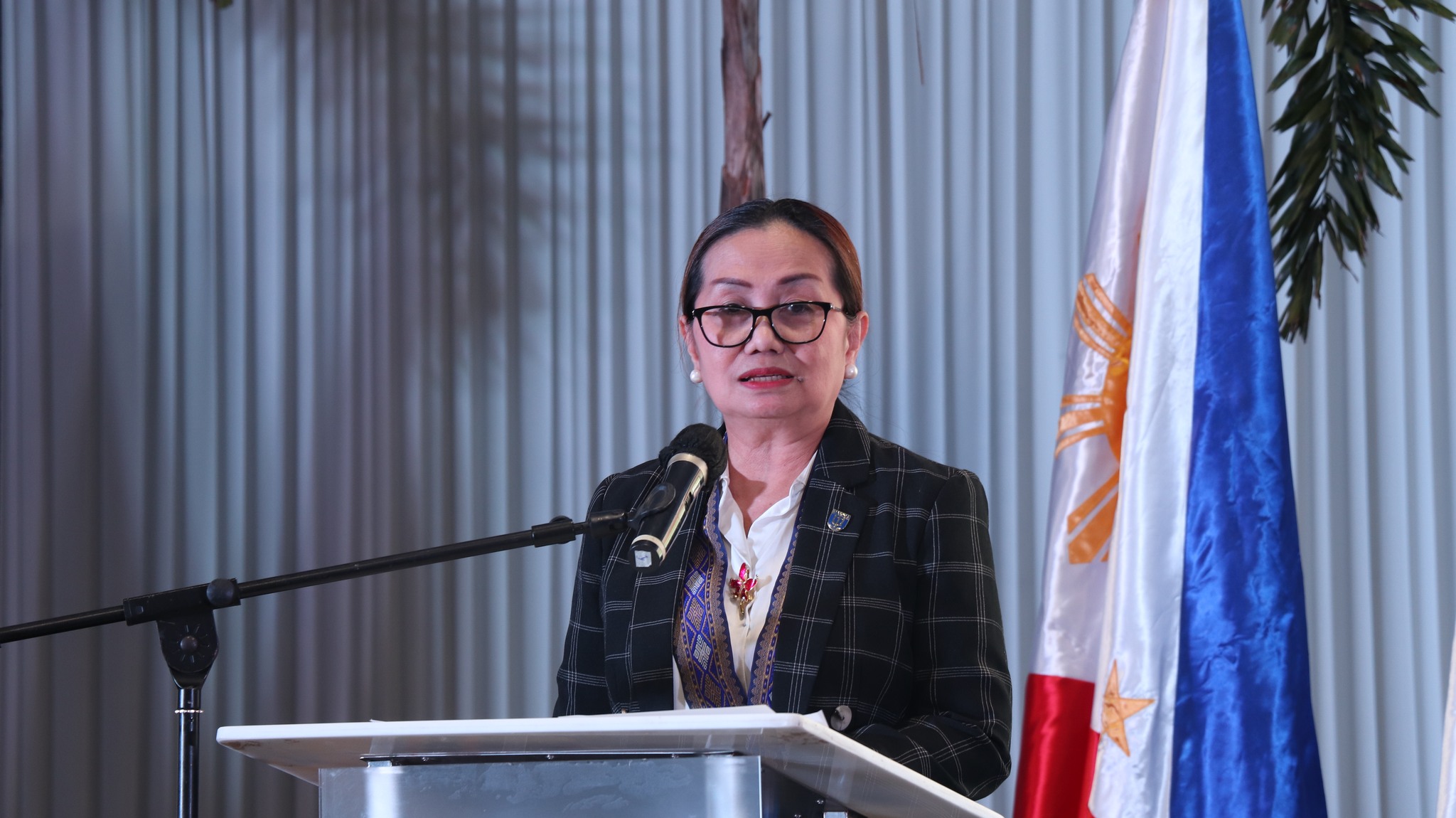Marina chief: Emerging technologies made by Filipino scientists vital in developing maritime sector

The national government will take advantage of utilizing emerging technologies invented by Filipino scientists to develop the maritime sector, according to the Maritime Industry Authority (Marina).
Marina Administrator Sonia Malaluan said that the agency will come up with a research and development (R&D) agenda that is in line with the effective implementation of the Maritime Industry Development Plan (MIDP) 2028 -- the country's roadmap for the integrated development and strategic direction of the maritime industry.
"Emerging technology will continue to play a major role for the maritime sector to pursue its path towards a safer, more sustainable and resilient future," she said.
Last week, the Marina teamed up with the Department of Science and Technology's (DOST) Philippine Council for Industry, Energy and Emerging Technology Research and Development (PCIEERD) in hosting the Maritime Science and Technology Forum 2024 in Pasay City.
The forum, which had the theme "Responsive Research and Development on Emerging Maritime Technologies," showcased the outputs of research and development projects undertaken by various research institutes and academe through the Science and Technology for Maritime Transport Application (STMTA).
During the forum, the DOST presented the Filipino-made SESSY E-Boat (Safe, Efficient and Sustainable Solar-Assisted Plug-in Electric Boat) before the spectators.
In 2018, the transport sector consumed the most energy in the country at more than 35.7 percent, owing to the public's increased use of gasoline and diesel, according to the Department of Energy (DOE). This resulted in a higher green gas emission, with the transport sector contributing 27.9 percent to the total emissions.
This growing problem prompted the development of solar-powered motorized boats, which gave birth to the SESSY E-Boat.

The SESSY E-Boat Project involved the prototyping of two units of plug-in electric motor boats with solar panels, which could be used in transporting passengers or tourists.
The prototypes of the electric boat were developed by researchers from the Mapua University in 2019, and the project worth P19 million was co-funded by the DOST and DOE.
The hulls of the electric boats were made of fiberglass reinforced plastic for better structural integrity, preserving the boat and promoting safety of the passengers.
The electric boats were also equipped with standard safety and communication appliances in compliance with the policies of Marina, as well as a locally-developed Automatic Identification System (AIS) for tracking and monitoring the location of the electric boat.
Meanwhile, Malaluan and PCIEERD Executive Director Dr. Enrico Paringit signed a pre-resolution and a renewal of cooperation through the Memorandum of Agreement (MOA) to formalize the two agencies' commitment in participating to research and development initiatives that would "create a culture of safer people, cleaner environment and energy-efficient ships" in the domestic shipping sector.
Various topics were also discussed during the forum including modernized shipping and decarbonization; shipbuilding and ship recycling; and maritime digitalization and maritime safety.